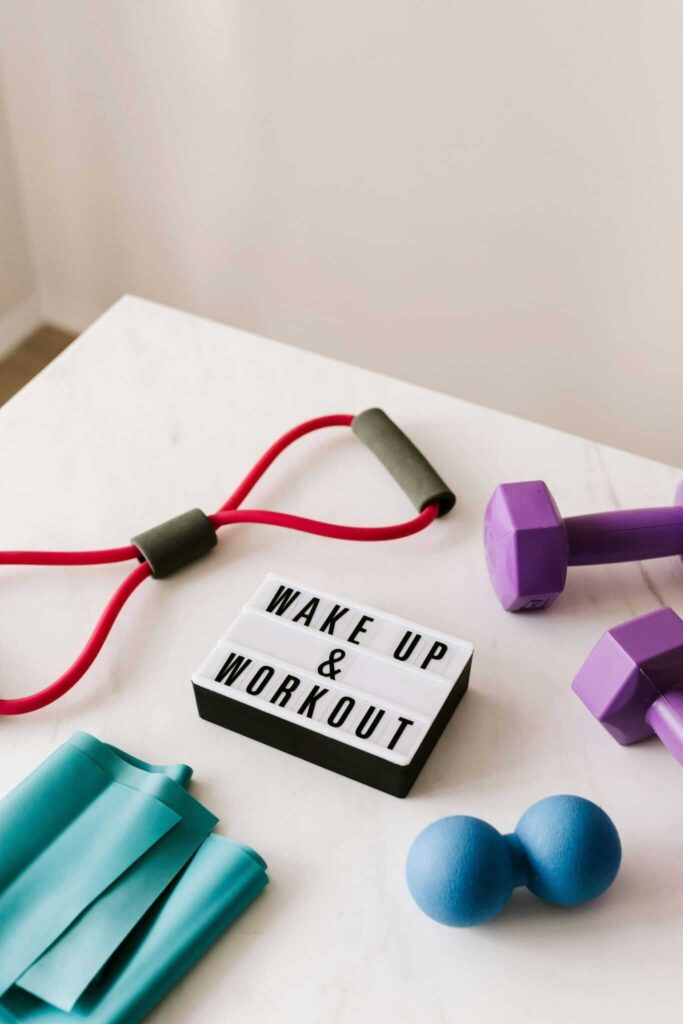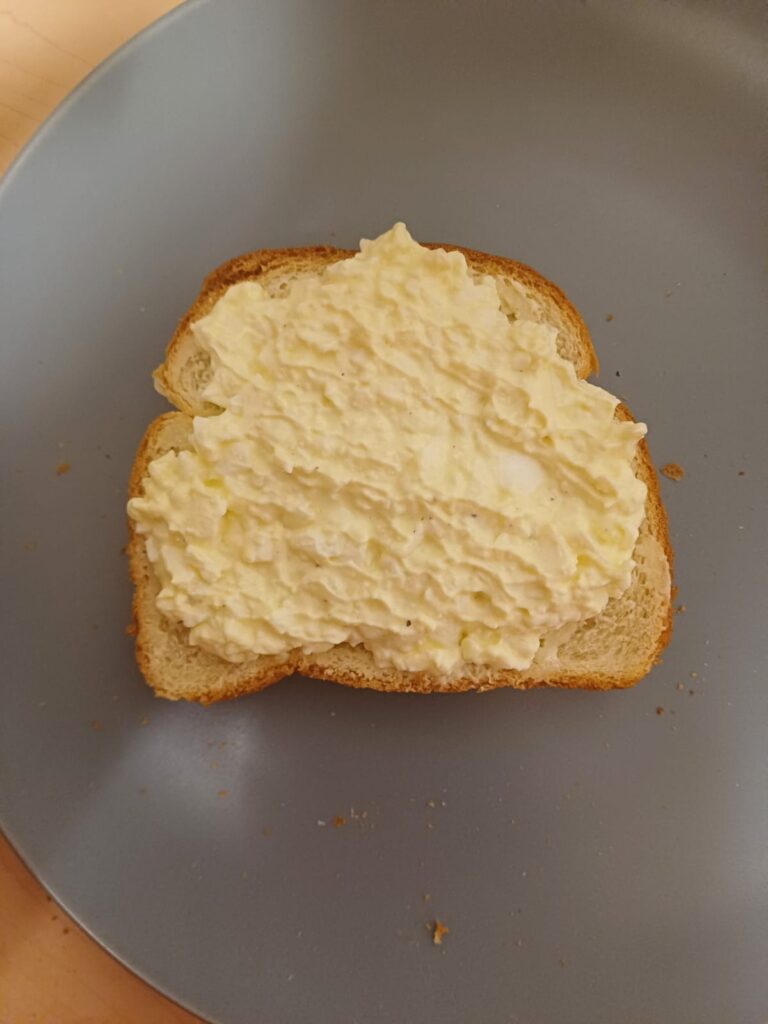Five Effective Ways To Manage Stress in College
College can be daunting!
There are so many challenges to college life that make it that way. Things like academic responsibilities, financial constraints and stress, social life or extracurriculars, and the need to balance all these challenges sometimes create a high-stress level. As college students, we are so tuned in to the need to balance all these that we get stressed, forget to take a break and practice self-care.
Self-care is important to practice because it helps us improve our mental health (such as reduction of stress), physical health, productivity (which we need to get work done), relationships, and prevent burnout.
As a time and financial-strapped college student, I understand that college students sometimes equate self-care to being time-consuming, expensive or ineffective.
In this blog post, I will share easy, non-time-consuming, free, and effective ideas to manage stress that you can easily incorporate into your daily routine.
Let’s dive in!
- Self-care has many benefits, including mental clarity, physical health improvement and productivity, which are helpful for college life.
- Self-care doesn’t need to be time-consuming or expensive to be effective.
Here are five evidenced-based self-care ideas that are perfect for us college students.
1. Exercise

Exercise is an effective form of self-care because it has many physical, mental, emotional and social health benefits. It provides physical strength and reduces stress and anxiety. Exercise improves mood, self-esteem, brain function and memory. It also helps you sleep better and meet or socialize with people.
Even though when we think of exercise, we usually think of going to the gym and performing exercises (which is a part of it), even short bursts of activities like cleaning your house, walking (or taking the stairs rather than the elevator), playing with pets, running, jogging or cycling also provide the benefits that gym exercises do. Exercise doesn’t have to be expensive, overly elaborate or too effortful to be effective. It just has to be doable for you!
As James Clear said,
“You are better equipped to deal with stress when you are moving.
When you feel tense or frustrated or worried, it is difficult to think your way into feeling better. The more you think about the situation, the larger it becomes in your mind. Trying to think your way out of it often leads to a spiral of overthinking and rumination.
The first step is not to think something different, but to do something different. It doesn’t matter what. Stretch on the floor, go for a walk, work on a project. Get out of your mind and move your body.”
Note: If you love to go to the gym, you should check out your school’s gym. Almost all universities/colleges offer free gym to their students, and I have never heard any negative comments about the facilities. Some people would say it’s not free because it’s included in your tuition. I consider it free because it’s an undeduducatble fee and relatively cheap.
2. Sleep
This is one important form of self-care most students (including myself) ignore. When we get overwhelmed with school work, it’s very easy to cut time from our sleep short or even cut it out by taking caffeine to “catch up or get more done,” but this is counterproductive. Quality sleep helps with concentration, memory, productivity, and cognitive function, all backed up by research.
As a college student, I know how hard it is to get at least 7 hours of sleep when you have lots of academic and non-academic work.
The two things that I have found helpful to make those 7 hours more attainable are:
- Cutting back on non-essential activities like social media, gaming, or watching shows to have more time to rest/sleep.
- Combining activities: For example, listening to lecture recordings, reading flashcards, revising while commuting on the bus/train or doing passive tasks that do not require much effort or attention when exercising in the gym.
3. Journal
Sometimes, what causes us stress is the feeling of loss of control and overwhelm.

Journaling is a form of self-care that gives us a sense of control over our lives because it helps us track the patterns in our behaviours and reactions and helps us recognize what’s working and what needs improvement. It also serves as a tool for self-reflection, which is very important for growth. One unique advantage to journalling is that it creates a safe space where we can be vulnerable and our true selves without fear of judgment, process our emotions, and organize our thoughts.
One way I find effective is journalling before going to sleep or at the end of the day. Writing about our day, in general, can help us see what went well and what didn’t, areas for improvement, and things that we are grateful for and plan for the next day. Journalling can initially feel overwhelming, but the more you do it, the easier it becomes.
Also, to make journaling more attractive, you should get a book and a pen that you love or find pretty (nothing expensive – your local dollar store will do) and keep it close to your bed or somewhere visible for you.
4. Meditation
Meditating helps to relax, calm our minds, bring a sense of peace, become aware of our thoughts and counter the stress hormones released by our bodies.
Some things we can incorporate while meditating are the repetition of a word, phrase or mantra (such as “om” or affirmations like “I am peace), known as mantra meditation, and breathing techniques like the 4-7-8 method.
5. Taking a Shower
Showering is a good way to de-stress because the warm/cold water helps trigger the release of endorphins, which can help reduce feelings of stress and anxiety. It also helps to induce a state of relaxation, boost creativity and problem-solving, and reduce fatigue.
Showering helps me when I am feeling overwhelmed, stressed or stuck creatively because the state of relaxation helps me pause, reset, and have a clear mind to tackle challenges.
While all these effectively manage stress, other methods or techniques that are unpopular might work for you. For example, some people de-stress by playing games, and others through hobbies. There is no one-size-fits-all to de-stress; all that matters is finding effective and unharmful methods that work for you!

Also, eating healthy, incorporating fruits and vegetables in our diet, and staying hydrated can better prepare our body system to manage or fight off stressors. A healthy diet boosts our immunity and helps with hormone management (stress hormone). It also improves our sleep quality and brain function, and stabilizes our mood and energy levels.
It is also important to avoid the use of negative coping mechanisms for stress, such as the use of drugs and alcohol, stress eating, self-harm and excessive procrastination. These only provide temporary relief and can worsen the problem or increase stress due to the consequences.
Seek professional help or talk to a trusted friend or family for support if negative coping behaviours or stress are frequent or severe. Your first step can be using the health and wellness resources you have on campus.
Are there other methods or techniques you use to cope with stress? Kindly share them in the comments
Thank you for reading!
.






